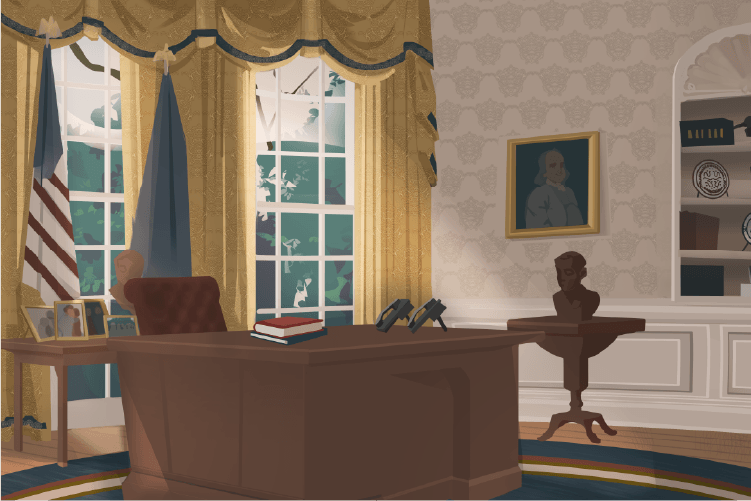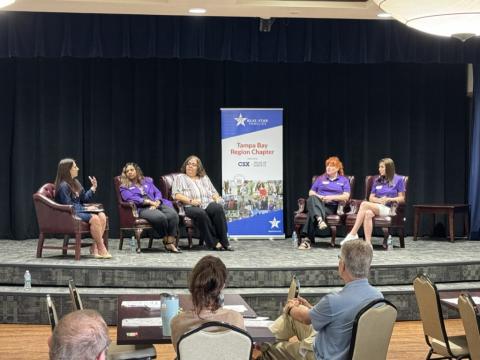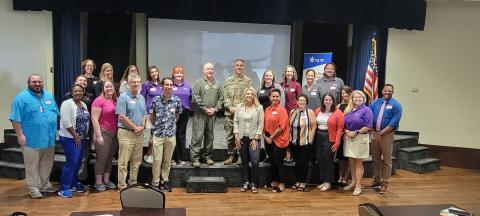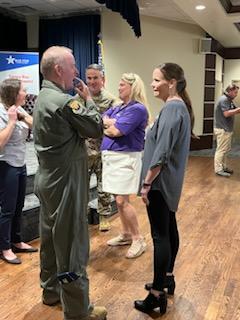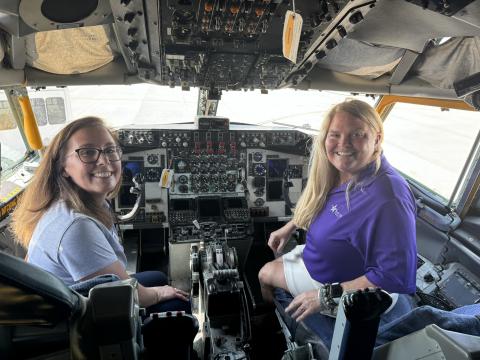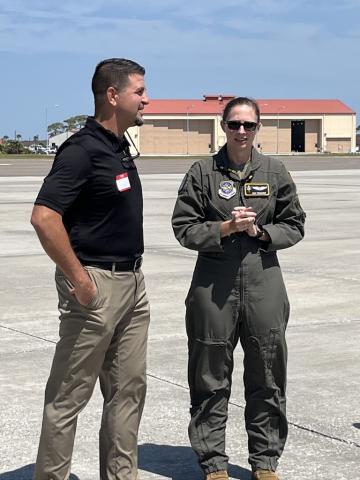WASHINGTON, DC — April 29, 2024 — iCivics, the nation’s leading civic education nonprofit, and the White House Historical Association today launched Brief the Chief, a new digital game that teaches students how the President of the United States makes difficult governing decisions, providing insight into how presidents rely on an array of advisors to make tough judgment calls.
Brief the Chief also gives students an inside look into the historic White House offices of Thomas Jefferson, Abraham Lincoln, and Lyndon B. Johnson as they navigated some of the most pivotal moments of their presidencies.
The game positions students as trusted advisors to the president, challenging them to consult with a variety of sources and confidants within the White House and use evidence-based reasoning to give counsel on a number of different situations. Students advise Jefferson as he determines whether he should continue trade with independent Haiti in 1804 amid tensions with France; Lincoln as he contemplates the Emancipation Proclamation; and Johnson as he decides if he should run for another term as president.
Along the way, students have conversations with likely sources such as secretaries of state, military advisors, and foreign diplomats. They also speak with historical figures such as civil rights leader Amelia Boynton, First Lady Mary Lincoln’s dressmaker Elizabeth Keckly, the Johnsons’ personal cook Zephyr Wright, and Haitian leader Jean Jacques Dessalines. In this way, the game gives students the opportunity to learn from those with unique perspectives and from underrepresented communities throughout history. Students practice listening and contextualizing facts and opinions.
Brief the Chief continues a growing partnership between iCivics and the Association. In 2023, iCivics and the Association released a Spanish-language version of Executive Command, one of iCivics’ most popular games that teaches students how the Executive Branch functions.
“We’re incredibly proud and honored to partner with the White House Historical Association,” iCivics Chief Executive Officer Lousie Dubé said. “Brief the Chief teaches young people a skill that is increasingly more important: how to engage with people from different perspectives, gather important insights, and make evidence-based decisions.”
Brief the Chief leverages the strengths of both iCivics and the Association. Up to 145,000 teachers rely on iCivics resources each year to help some 9 million students learn foundational civic knowledge and the skills needed to become engaged citizens. A team of three Association educators and three Association historians with advanced degrees in public history provided insight into the presidents and their respective administrations. Content experts and educators from the Abraham Lincoln Presidential Library and Museum, the LBJ Presidential Library, and George Washington University provided insights on the history presented throughout the game as well.
“Education is critical to the Association’s mission and investment in civics is vital as the next generation is taught the awesome responsibilities of citizenship and considering different perspectives,” said Stewart McLaurin, President of The White House Historical Association. “We are excited to launch this new tool to help students understand the past as an essential key to understanding who we are today.”
The game presents students with the opportunity to investigate two key decisions from each of the presidencies of Jefferson, Lincoln, and Johnson, and provides educators with incredible flexibility to teach across U.S. History. With nearly 30 characters available to interview, students can play the game multiple times and learn new facts and perspectives with each gameplay.
The game can be used to teach different geographies, content, civics and historical timelines, allowing flexibility for teachers to use it in a variety of different classroom applications. And its content can be tied to current events.
Brief the Chief includes English Language Learner support and is available in Spanish.

